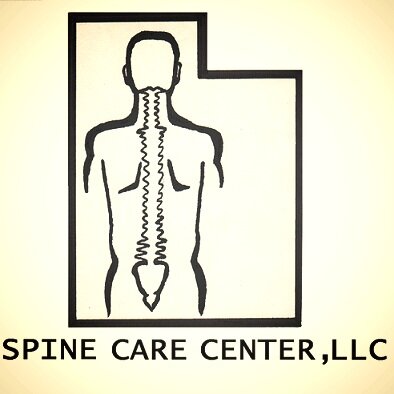
Joint Injections
Knees, Hips, Ankles, Hands, Feet, and Other Joints
A joint injection is an injection of an anti-inflammatory steroid (e.g., dexamethasone or triamcinolone) into the affected joints.
How long does the procedure take?
The injection takes only a few minutes. Please allow about an hour for the procedure; this will include talking to your doctor before the procedure, signing the informed consent, positioning in the room, and observation by the recovery room nurse afterwards.
What medicines are injected?
The injection consists of a mixture of local anesthetic (e.g., lidocaine) and the steroid medication (e.g., dexamethasone or triamcinolone).
Will the procedure hurt?
Our procedures begin by injecting a small amount of local anesthetic through a very small needle. It feels like a little pinch and then a slight burning as the local anesthetic starts numbing the skin. After the skin is numb, the procedure needle feels like a bit of pressure at the injection site. If you experience any pain during the procedure, your doctor will inject more local anesthetic as needed.
Will I be "put out" for this procedure?
No. This procedure is done under local anesthesia.
How is the procedure done?
You will be positioned according to which joint or joints you are having injected. For example, for a knee injection, you will be lying on your back with a pillow under your knee. Your blood pressure and oxygenation will be monitored. In addition to your doctor and the x-ray technician, there will be a nurse in the room at all times if you have any questions or discomfort during the procedure. The skin is cleaned with antiseptic solution and then the procedure is done. Very small needles are placed within the joint capsule and a small volume, usually 1-5 mL depending on the joint being injected, is placed in the joint.
What should I expect after the injection?
After the injection, your pain may be gone or considerably less. This is due to the effect of the local anesthetic and lasts only for a few hours. Your pain may return and you may have some soreness at the injection site for a day or so. You should start noticing pain relief starting about 1-2 days after the procedure.
What should I do after the procedure?
We advise the patients to take it easy for a day or so after the procedure. Perform the activities as tolerated by you. Your recovery room nurse will advise you about applying ice to the site.
Can I go back to work the same day?
This depends upon which joint is injected. Your doctor or recovery room nurse will discuss this with you.
How long does the medicine last?
The long-term effect of the medication cannot be predicted. Usually, the immediate effect is from the local anesthetic injected. This wears off in a few hours. The steroid starts working in about 1-2 days and its effect can last for several days to a few months.
How many injections do I need?
This will vary with each patient; your doctor will discuss this with you.
Can I have more than one injection?
If the first injection is successful but the pain returns, you may be eligible for another injection, if you had relief from pain for a reasonable period of time. Your doctor will discuss this with you.
How will I know if this injection will help?
It is difficult to predict how helpful injections will be. Patients who have the symptoms described above will do well. Since there are several pain generators, the degree of response will vary widely. Patients with recent onset of pain may respond much better than ones with longstanding pain.
What are the risks and side effects?
This procedure has very few risks. As with any procedure, there are some risks and side effects you should know about. Commonly encountered side effects are increased pain from the injection (usually temporary), infection, bleeding, nerve damage, or no relief from your usual pain. Side effects of the injected steroid may include weight gain, increase in blood sugar (particularly in diabetics), water retention, suppression of natural production of steroids, or temporary suppression of the immune system.
Who should not have this injection?
The following patients should not have this injection: if you are allergic to any of the medications to be injected, if you are on a blood-thinning medication (e.g. coumadin, injectable heparin), or if you have an active infection
